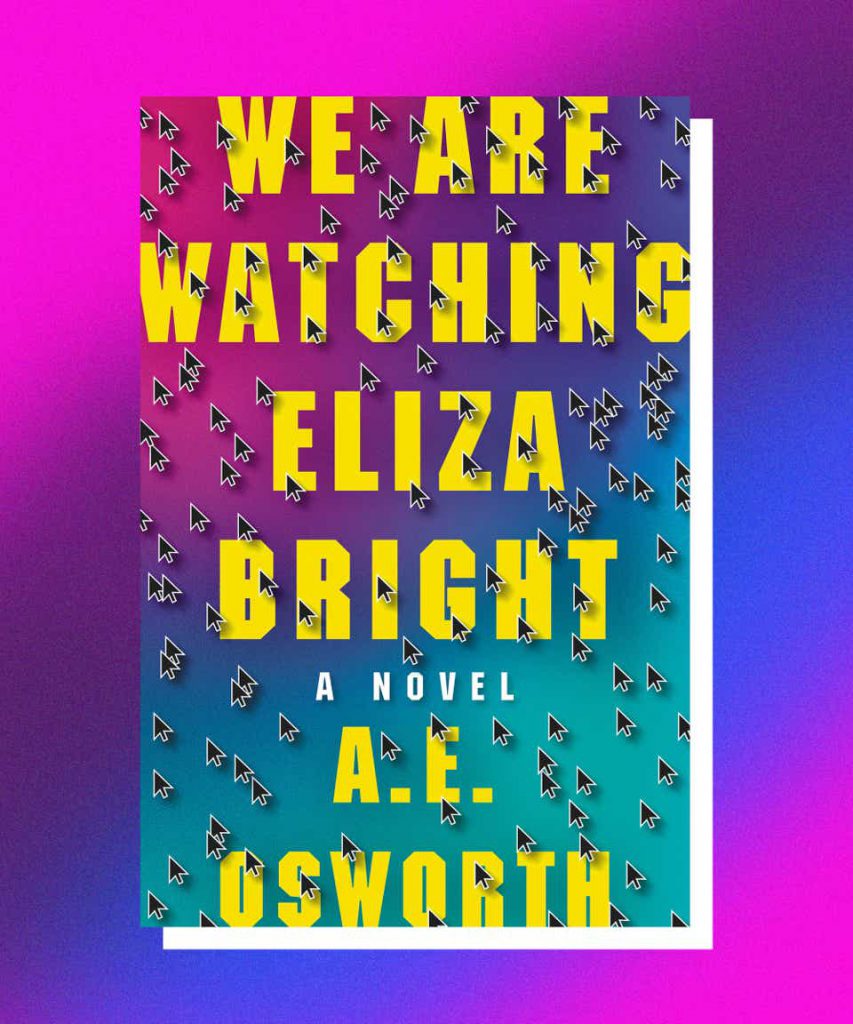We Are Watching Eliza Bright is, for all intents and purposes, a dark read. It deals in plot devices as disturbing as any Stephen King novel, with an update for the Reddit age. We witness Eliza take a real issue of workplace sexual harassment to management, where she is given a lukewarm response and told that the incident will not result in the firing of either offender. Nor, it seems, will it herald a shift in the culture at Fancy Dog Games, where a supposed commitment to transparency and productive conversation dissolves in front of Eliza’s eyes. It does not matter how capable, headstrong, or courageous she is—and she is all three—the culture of male violence she faces almost leads to her undoing, though not without bringing down some of the novel’s other key players, some of whom were integral to the initial campaign against her.
There are few things on earth as chilling as the loss of your personal safety and security. This central theme dominates the narrative in We Are Watching Eliza Bright, as the protagonist finds herself in unique danger due to her gender and prestigious role at a successful, fictitious video game development studio in New York City. The work is written almost entirely in the third person from the perspective of a group of anonymous, unreliable, and increasingly violent misogynists, who critique Eliza’s every move as she moves through the world, offering to the reader misguided and offensive commentary about her status as a woman in the gaming industry. We are to believe, if you trust the narrators’ voice at all, that women don’t belong in the male world of video games—or, for that matter, any public or private space where women and marginalized people get to make their own choices and have agency in any meaningful way. This includes the real world—which is referred to in actual gaming circles and the book as Meatspace—as well as the internet, which we come to understand represents as extension and only an extension of who we are in real life, with none of the grittier or more evil parts of our psyches left out.
On the defensive, we are met with another group of narrators toward the middle of the work who give Eliza a home at their security and unity-minded feminist art collective in the city. These individuals try to represent and uphold the best of what cobbles together a community, including guaranteeing each person physical safety, the space and comfort they need to process trauma, ritualistic tradition and healing, and undying compassion in times of both joy and profound stress. It is a refreshing break from the anonymous cabal of mean and, frankly, ridiculous Reddit and 4chan narrators, whose occasional moments of humanity and empathy hint at glorious change on a wider scale.
I would recommend this book to anyone in need of a change of pace or to anyone looking for an indictment on internet culture, the work of feminism in 2021, and what it means to be and feel secure in our bodies and identities, though with a heavy dose of caution as this work includes graphic physical, emotional, and sexual violence.
Osworth, A. E. (2021). We Are Watching Eliza Bright. Grand Central Publishing.
#FridayReads #WeAreWatchingElizaBright #A.E.Osworth


